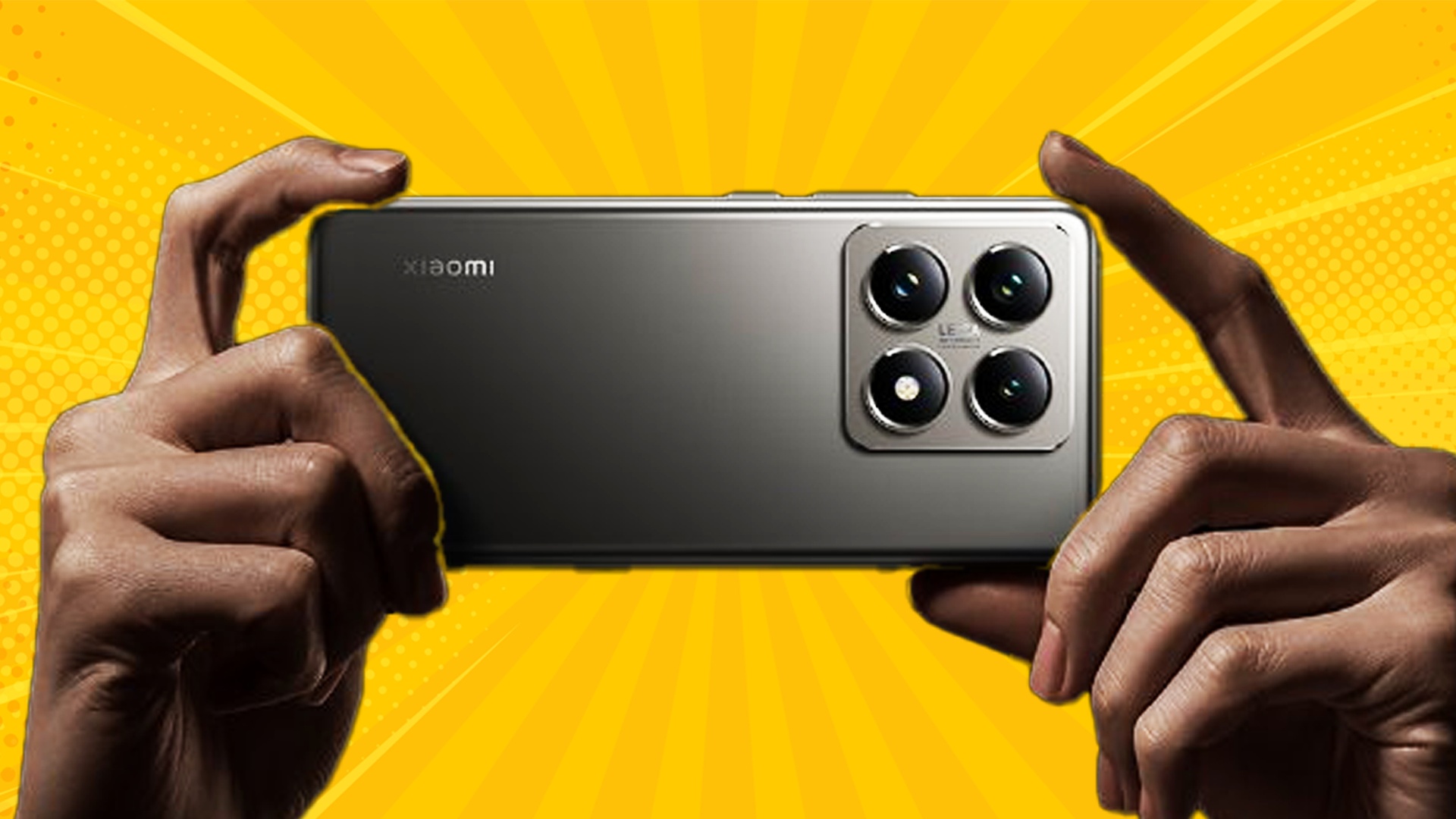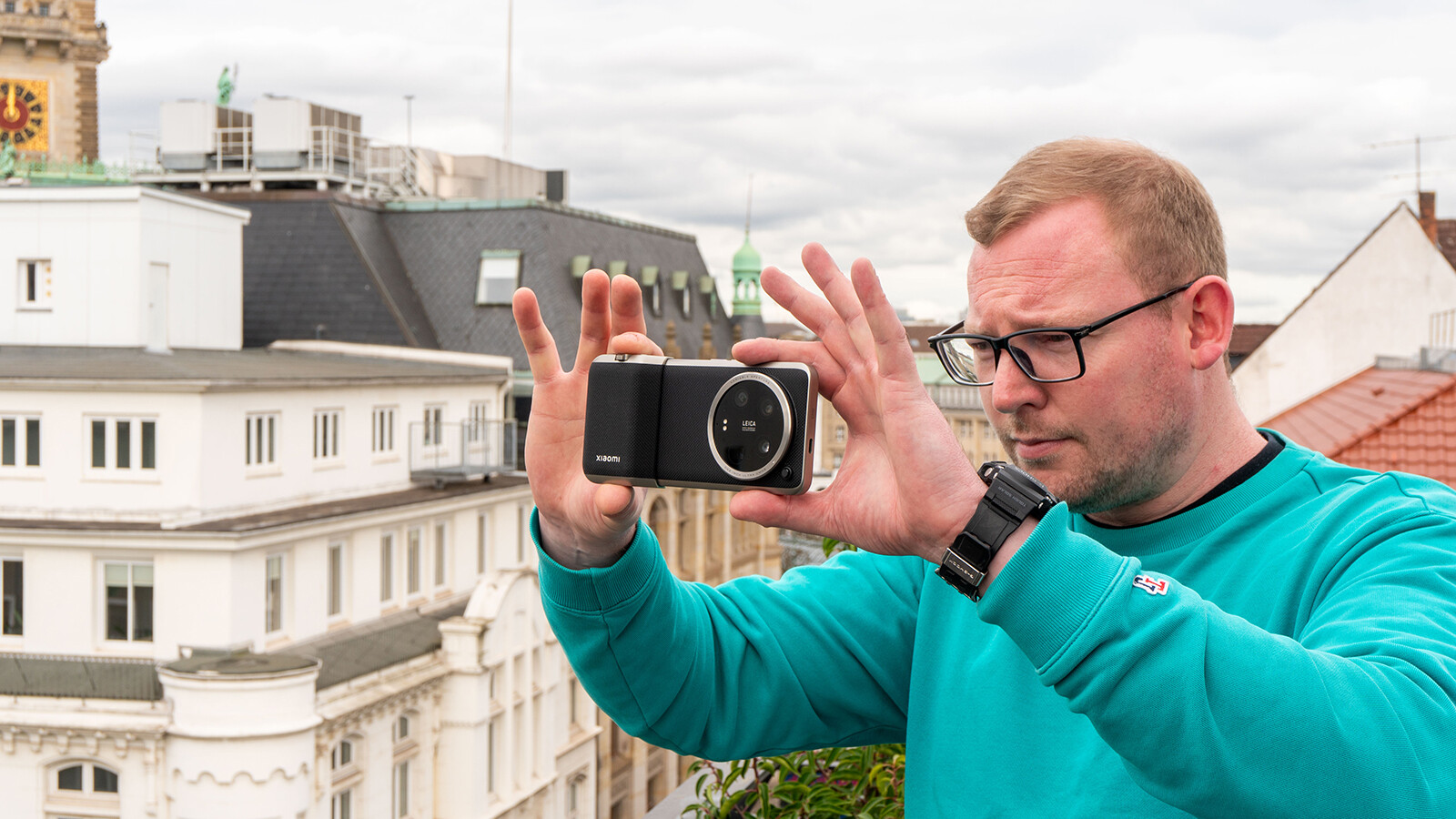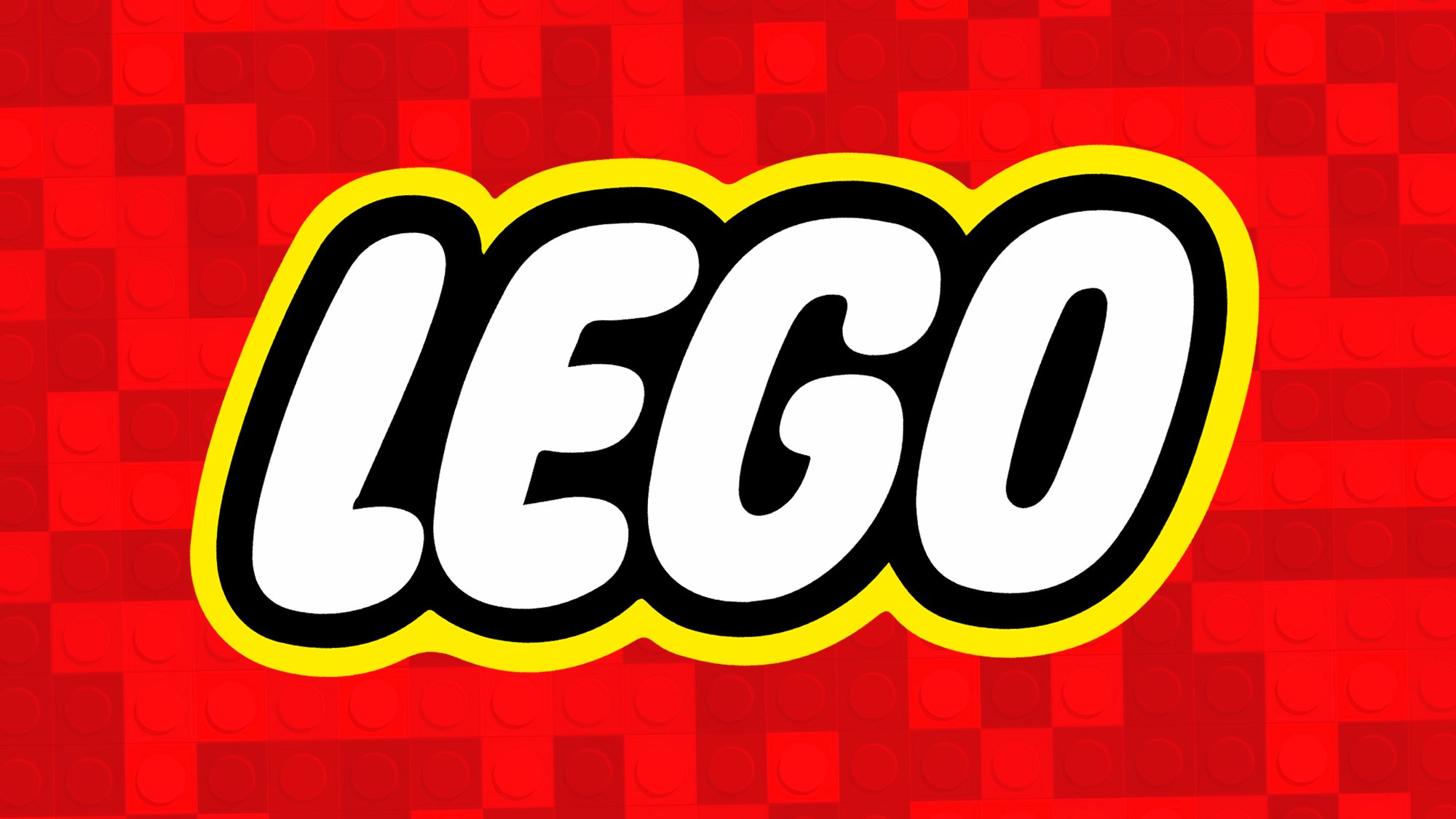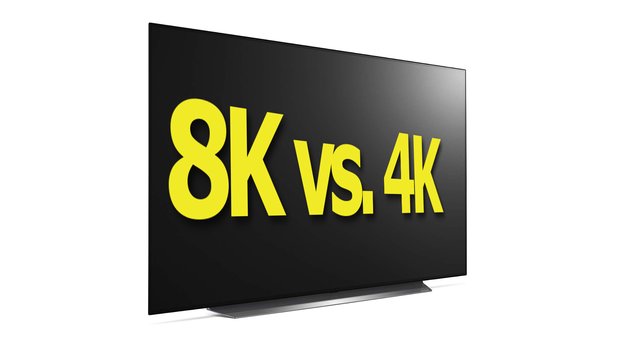
According to the TV manufacturers, the very rare TVs with 8K resolution are the next logical step. However, consumers are not asking themselves where the appropriate content should come from, but also whether the higher resolution offers any noteworthy advantages?
To check that, Warner Bros. has one Study with the following general conditions Have it carried out (via Techhive):
- 139 test subjects
- seven different videos with a length of about ten seconds
- 88-inch 8K OLED TV (LG 88Z9)
- two different seat distances (approx. 1.5 meters and approx. 2.7 meters)
The subjects saw the 4K and 8K material of the same clip marked "A" or "B" alternately with "A" or "B" on the 8K television without knowing which letter was what resolution. As a control group, the material was still marked A and B during a third test round, but the 4K version was always hidden behind it.
8K means the resolution of 7680×4320 four times as many pixels shows like the 4K resolution 3840×2160.
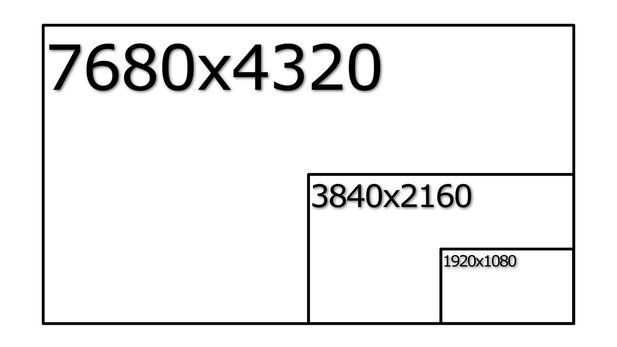
The result: hardly any differences between 4K & 8K
The subjects, whose eyesight was tested prior to the examination, only rated the 8K material overall very slightly better than the 4K material. It has even happened quite often that a 4K video was rated better than the corresponding scene in 8K.
Michael Zink from Warner Bros. explains this as follows:
"I think that many test subjects rated the 4K material higher than the 8K material because they saw no difference and therefore advised."
The greatest differences could be seen by people with high eyesight in the smaller of the two seat distances when they saw real nature shots.
On average, the evaluation in this scenario hardly went beyond "slightly better", and only a few people would want to sit permanently 1.5 meters away from an 88-inch television.
8K resolution on the PC
Even if PC screens are significantly smaller than televisions, the usually comparatively short distance to the screen means that you are more likely to notice differences between 4K and 8K. Games can also be displayed in 8K in many cases – provided a suitable monitor is provided.
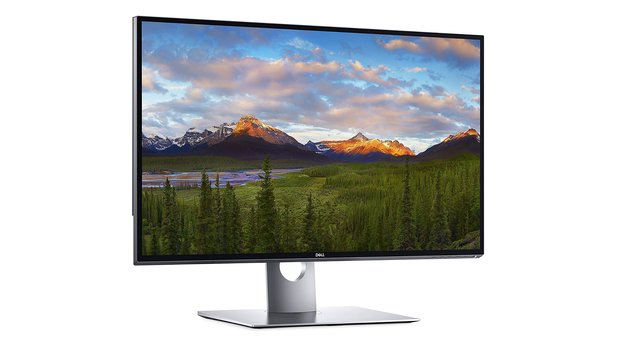
But there are still almost no 8K screensIn addition, native rendering in 8K requires so much power that even very fast graphics cards like Nvidia's RTX 2080 Ti are often overwhelmed, especially since the amount of memory of current GPUs is not designed for the 8K resolution.
A good remedy could be good algorithms for scaling up lower resolutions, which also applies to the content problem in the TV sector. Overall, however, it will still take many years until the 8K resolution is more relevant – if it comes to that at all.


